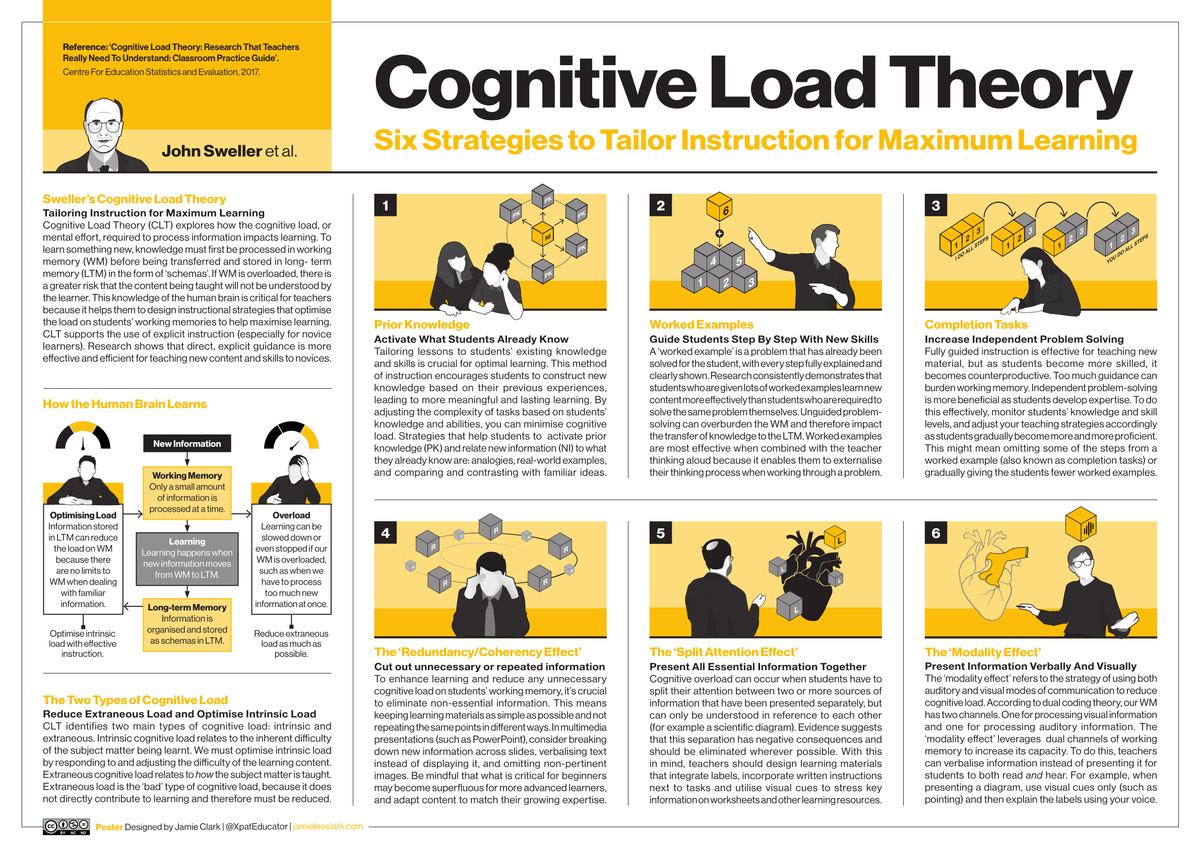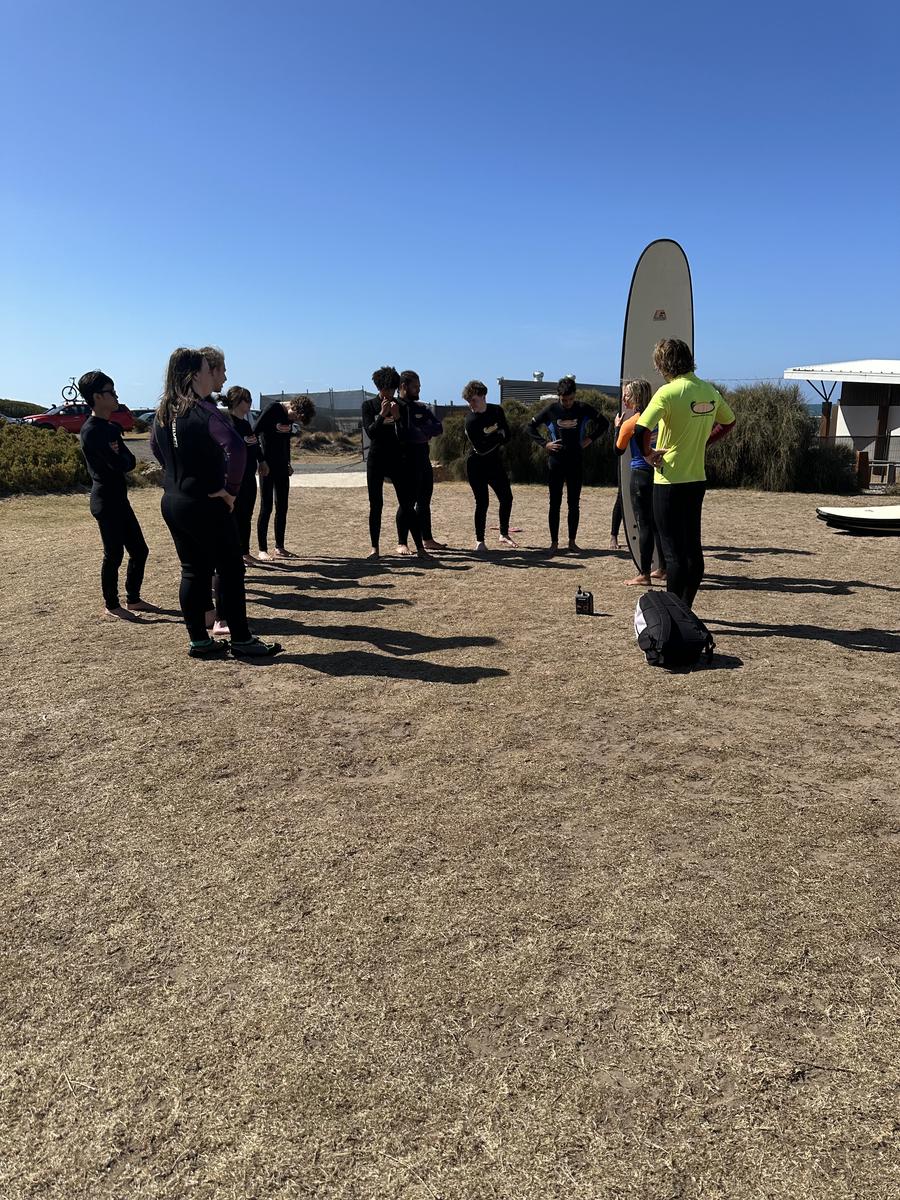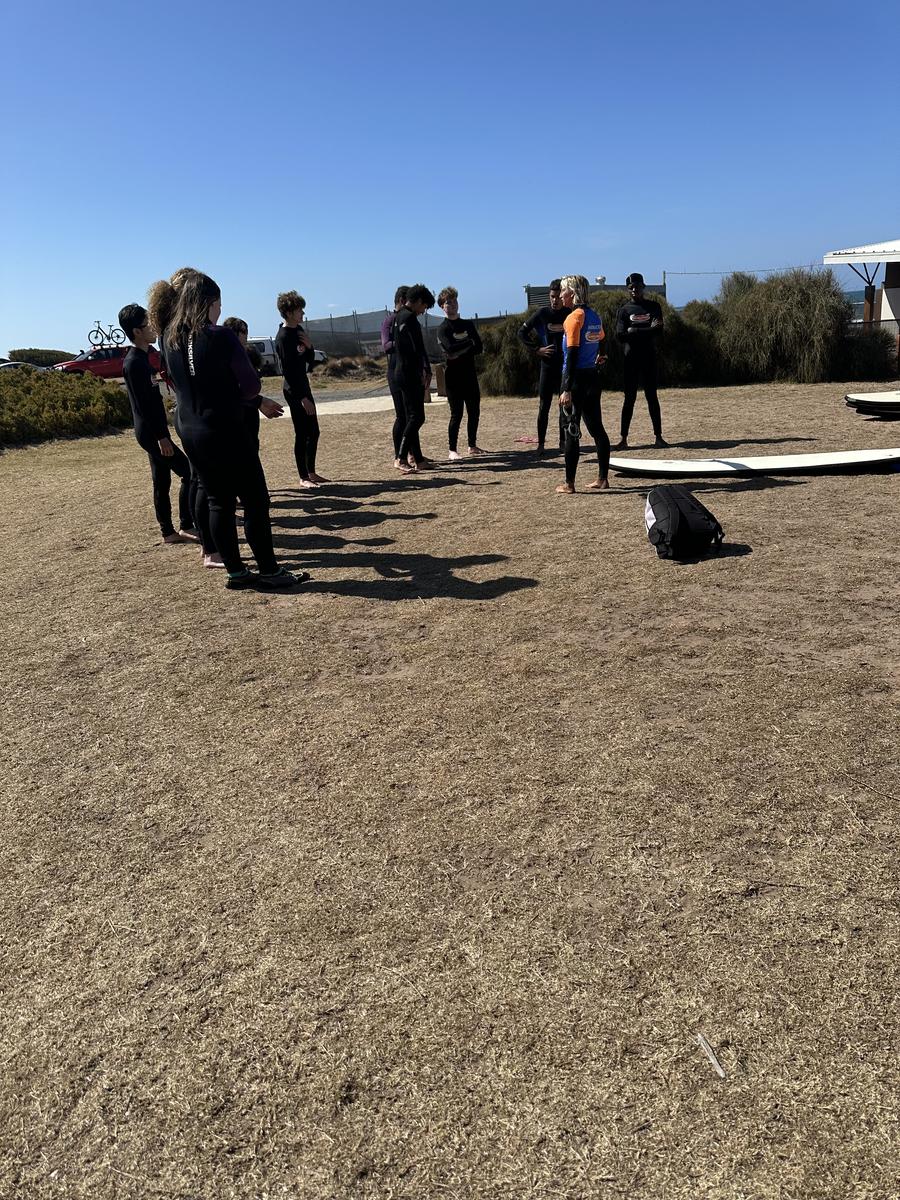Teaching and Learning
Every day matters

Teaching and Learning
Every day matters
What is the VTLM 2.0?
The Victorian Teaching and Learning Model 2.0 (VTLM 2.0) is the Victorian Government’s updated educational framework designed to support effective teaching and learning in Victorian schools. It provides a clear, evidence-based and simplified approach to teaching that places an emphasis on the importance of establishing a safe and organised learning environment, values students as active learners, and reducing the cognitive load on students in order to support the application of their learning. It encourages educators to create inclusive, dynamic, and supportive learning environments that cater to diverse student needs. By fostering engagement and empowering students, VTLM 2.0 aims to enhance educational outcomes, ensure that all students thrive, and prepare them for success in a rapidly changing world.
The VTLM 2.0 at Homestead
Staff at Homestead will have a whole-school focus on ensuring the evidence-based approaches of the VTLM 2.0, such as reducing and managing student cognitive load and considering the capacity of working memory in young people. These approaches, partnered with our consistent approach to improvement in explicit teaching and supported application for diverse learners in all of our classrooms is the cornerstone of our teaching and learning, and will continue to compliment our GANAG instructional model.
Teacher VTLM 2.0 Professional Development
Curriculum Day (Student free day - Friday 4th April)
The last day of Term 1 is a student free day, which will allow our staff to engage with the VTLM 2.0 and Cognitive Load Theory (CLT). Throughout the day, staff will work collaboratively within their teaching teams to develop teaching and learning materials to be implemented in Term 2 which is grounded in the science of learning. Please find an infographic below, which summarises Cognitive Load Theory.
In Term 2, teachers at Homestead will be building professional development goals individually and within their subject Domains to ensure all teaching practice is consistent with the VTLM2.0. Student feedback from our Term 1 Pivot surveys will be used to inform the focus areas to bolster and value student feedback in a meaningful way throughout our school. This will filter into our College-wide practice, from differentiating for all learners, to modelling effective practice, and continuing to build upon our existing calm, organised and positive learning environment.


Bookings are now open for our first Parent Student Teacher Conferences for 2025.
Conferences are running from 12.00-7.00pm. There will be two sessions offered on the day to provide the greatest flexibility to our parents and carers.
There are no scheduled classes running on this day. Students are encouraged to attend the conferences with their parent or carer to ensure they are aware of their current progress and can be involved in setting goals for Term 2.
Please check Compass for further information and to book a time to meet with our teachers. Bookings will close at 3.30pm Tuesday 2nd April.
Please find below a summary of the learning of our students in the HaPE Domain throughout Term 1.
PHSYICAL EDUCATION
Fundamentals of Movement in Action
It has been a busy start to the year for Physical Education students at HSSC. Across Year 10, 11, and 12, students have been combining practical activities with theoretical learning to deepen their understanding of the human body and its ability to create movement.


Year 10 & 11: Building the Foundations
Year 10 and 11 students have been diving into the structure and function of the musculoskeletal system. Through theoretical and practical lessons, they have been learning about the roles of bones and muscles in movement. From identifying key muscles in action to understanding how joints facilitate movement, students have applied their knowledge to various sports and fitness exercises. Whether it's analysing the role of the quadriceps in a squat or the importance of the deltoids in an overhead throw, students are making strong connections between theory and practice.
Year 12: Advancing Development
Year 12 students have been focusing on skill development and classification. They have been exploring how skills are learned, refined, and improved over time. By classifying skills based on their complexity, predictability, and required coordination, students are gaining insights into how athletes enhance performance. Whether it's examining the differences between open and closed skills or understanding the stages of learning, our senior students are developing a deeper understanding of how movement is created in sport. The energy and enthusiasm in PE classes have been amazing, with students embracing both the theoretical and practical aspects of Physical Activity.


EXPLORING ENVIRONMENTAL SCIENCE
This term in Environmental Studies we have been looking at Coastal and Marine environments as well as water safety.
Our learning culminated in an exciting excursion to Ocean Grove during Week 6, where students had the opportunity to apply their knowledge in a real world setting.


During the trip, we participated in a surfing lesson, allowing students to develop their confidence in the water while reinforcing key safety strategies. The students had a great time we were extremely proud to see their participation and willingness to learn how to catch a wave.
HEALTH & HUMAN DEVELOPMENT
Exploring Health and Wellbeing in HHD at HSSC
Students at HSSC have been actively engaging in their Health and Human Development (HHD) studies, exploring key concepts that shape our understanding of health and wellbeing. Across Year 10, 11, and 12, students have been deepening their knowledge of the five dimensions of health and the various factors that influence health outcomes.
Year 10 & 11: Understanding the Dimensions of Health
Our Year 10 and 11 students have been investigating the five dimensions of health: Physical, Social, Emotional, Spiritual, and Mental health, and how each can be impacted in both positive and negative ways. Through class discussions and real life case studies, students have explored how factors such as social networks, mental resilience, and different lifestyle choices, can contribute to overall wellbeing. Students have also examined sociocultural factors and how they effect health in a population. They have been analysing how access to different factors influences health by providing knowledge about nutrition, access to healthcare, and employment opportunities. Understanding these influences is helping students recognise the broader determinants of health beyond individual choices.


Year 12: A Deeper Dive into Health as a Resource
Our Year 12 students have been expanding on these concepts by exploring how optimal health acts as a resource individually, nationally, and globally. They have been examining the benefits of good health, from improving quality of life and productivity to reducing healthcare costs and enhancing global development. Students have been analysing the impact of sociocultural, biological, and environmental factors on health and wellbeing. From genetics and body weight to access to education and safe living environments, Year 12 students are gaining a comprehensive understanding of how various factors contribute to health status and overall wellbeing.
Through discussions, case studies, and application of real world examples, students are developing valuable insights into the complex nature of health. As they continue their studies, they are gaining the tools to make informed decisions and advocate for better health outcomes within their communities and beyond.
Lachlan Mallia - HaPE Domain Leader